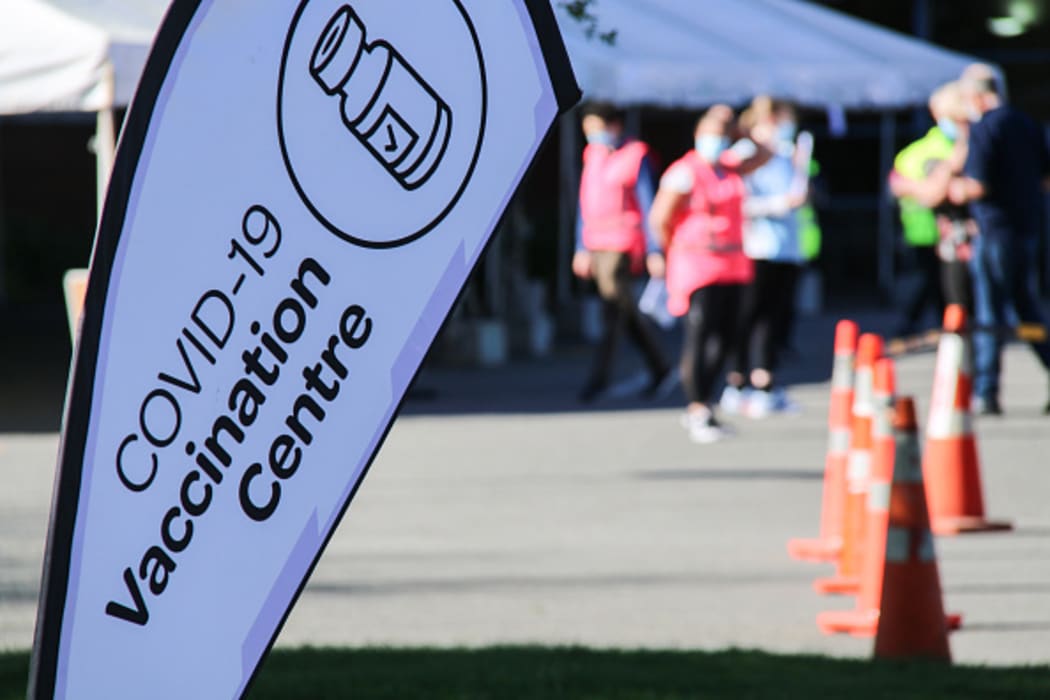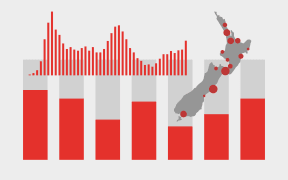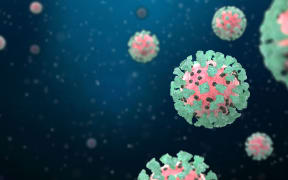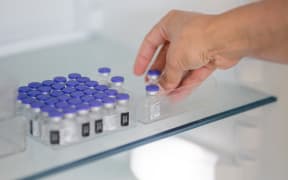It's feared a huge slice of the population is being let down when it come to accessing the Covid-19 vaccine.

File image. Photo: Getty Images
Health authorities are accused of failing to get inside the homes of thousands of disabled people who can not easily travel.
About 11,000 people who receive Disability Supports and Services have been fully vaccinated.
That represents about 40 percent who qualify for support .
Disability Connect's Colleen Brown said there was a gap in understanding between those dishing out the vaccine and those getting it.
"I delivered a food parcel to a family, the mum has two sons on the autism spectrum. Two," Brown said.
"And they're so anxious, they cannot leave the house. So she definitely needs somebody to go around and vaccinate the family."
While a relatively small number receive disability support, more than one million New Zealanders currently consider themselves disabled.
The recent experience of a colleague in South Auckland's Ōtara highlighted the number of disabled people that authorities may not be aware of, Brown said.
"She knocked on the door of a family she knows very well, to give them food.
"But she never knew, and they had never disclosed, that they have a family member who's disabled.
"And that's someone who's been working in the community for 14 years.
"So, sitting underneath, a lot of that is trust. People have to trust who is delivering the messages, who is going to look after them."
Brown wanted the Ministry of Health to provide community healthcare providers with the details of people with disabilities who had not yet been vaccinated so people could meet them where they were.
Brown understood the nationwide vaccine rollout is an unprecedented task in New Zealand and that it could be difficult to access some in the disabled community.
"I'm talking about the tail here, that 30 percent of disabled people who are very hard to find.
"There's a matter of slicing and dicing until you actually get the key information that you need, so that you can attend to the need."
A nimble approach would allow community groups to offer wraparound support to people while getting them vaccinated, Brown said.
"The drive-through option - I mean, you imagine trying to get four children in a car and yourself and, say, three of you can be vaccinated in the car. That's fantastic.
"And we can put a food parcel that you need in your boot at the same time, while you're waiting after the vaccination, isn't that much better?"
Taikura Trust was trying to fix problems people with disabilities in Auckland face, such as transport and communication.
Its vaccination drive, Tiaki, offered free transport to and from vaccination sites.
Trust Chair Barry de Geest - New Zealand's oldest Thalidomide survivor - said given his medical history, he was initially hesitant to take the vaccine - but now, would not turn back.
"I have type 2 diabetes, I have high blood pressure, I have cirrhosis of the liver and yet, for me, it was a no brainer to get it," de Geest said.
"So, I'm hoping other people will say, 'Well, he's got a lot of things going on, so do we - let's just get it done'."
It important for people with a disability - who were disproportionately affected by Covid-19 - get protected, he said.
"What I've seen from overseas, is that often when the hospitals get overwhelmed, people like myself get, not brushed aside, but we're taken secondly into the hospital with other things that we may have, because the hospitals get completely overwhelmed with Covid cases.
"So for me, I want to see my peers in New Zealand not have that, and by being vaccinated they've got a better likelihood of being able to carry on with life.
In a statement, the Ministry of Health said it had set aside $2 million dollars for community-based disability groups to boost the vaccine rollout.
It said each DHB was holding vaccination events for disabled people and at specialist schools, where people felt more comfortable.






